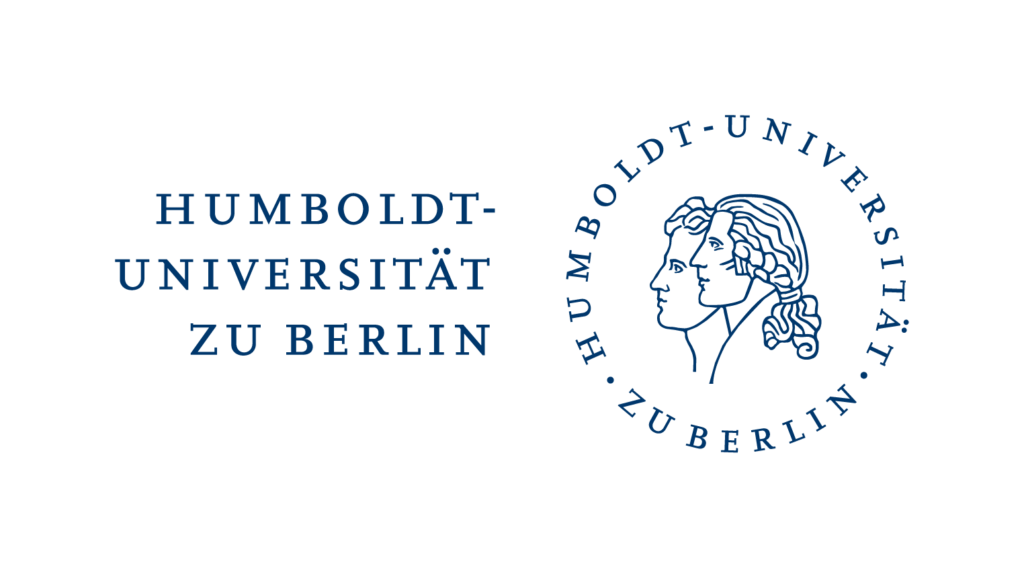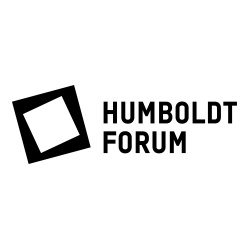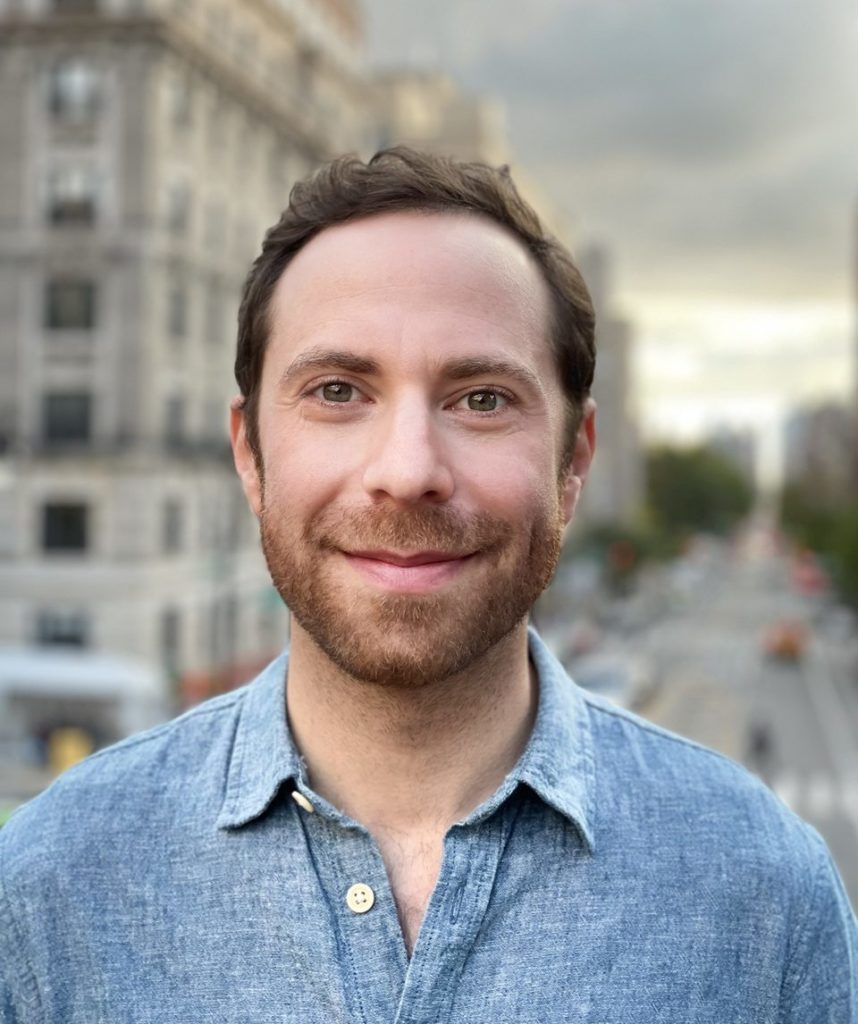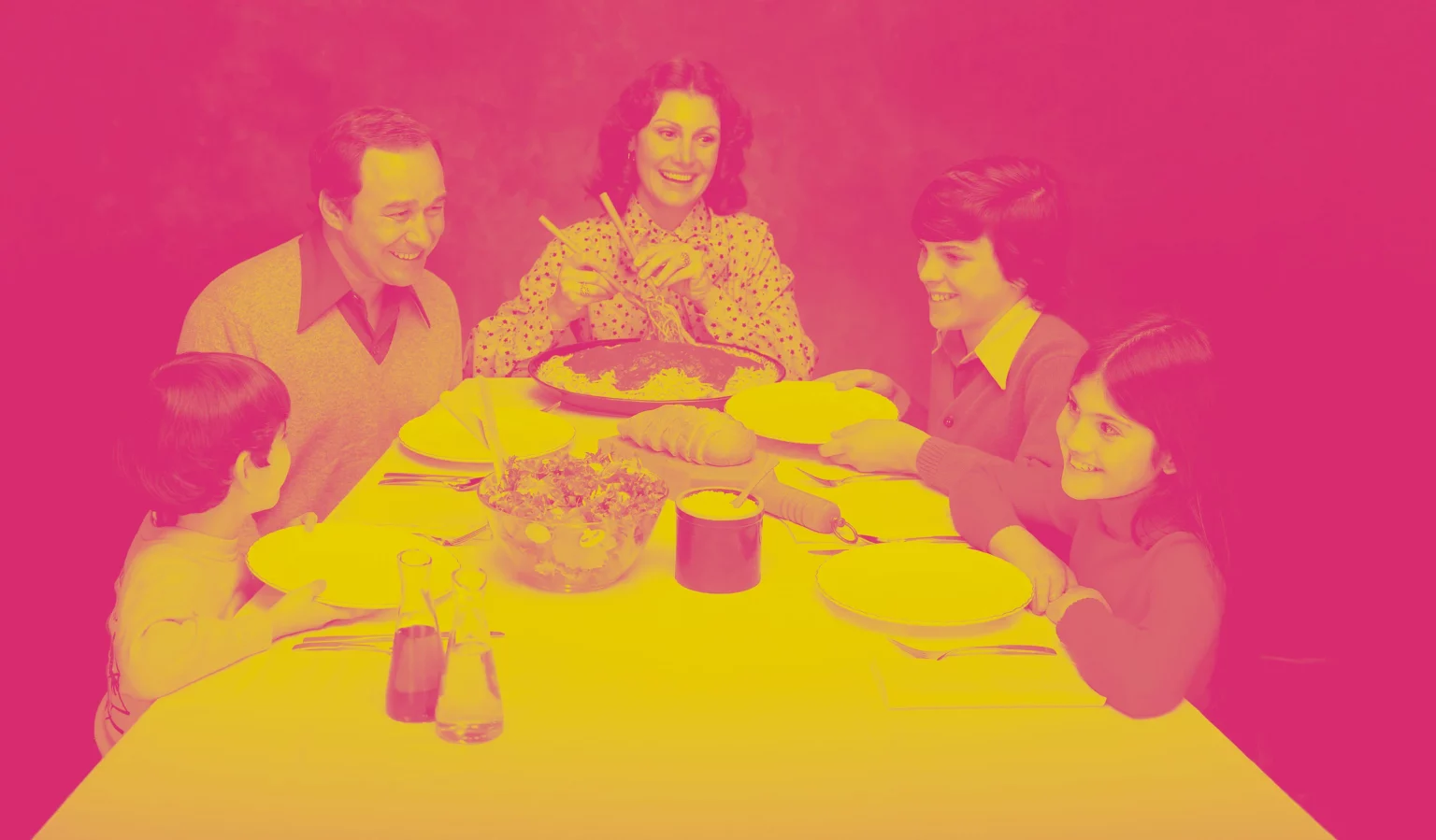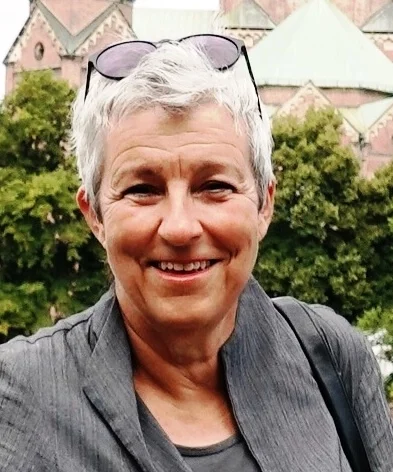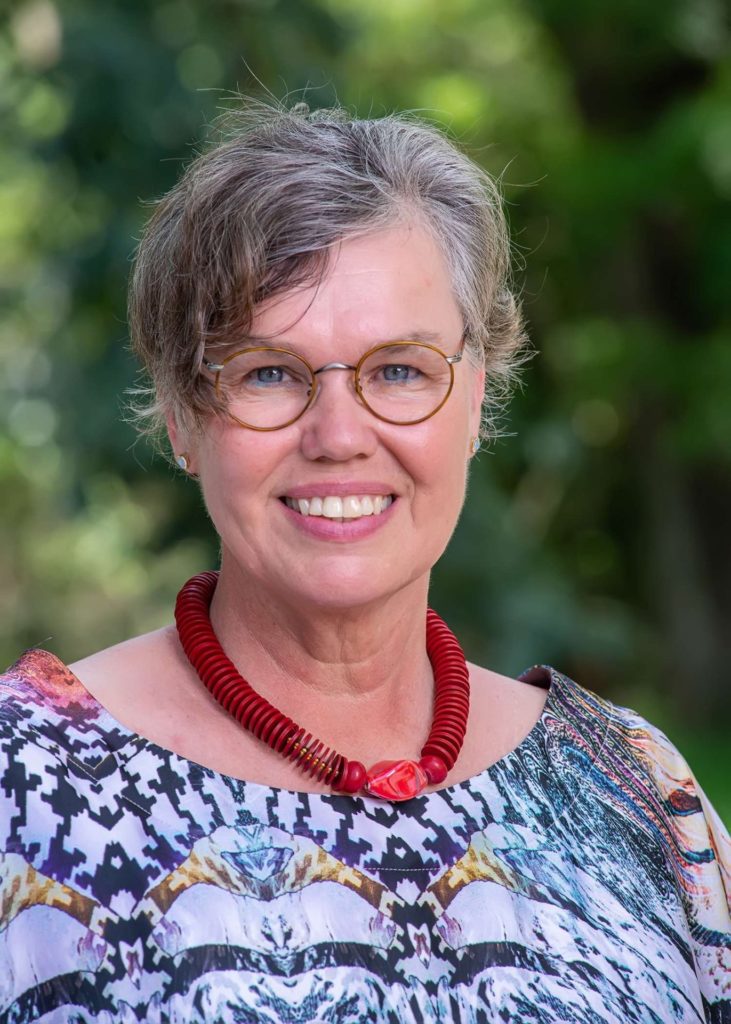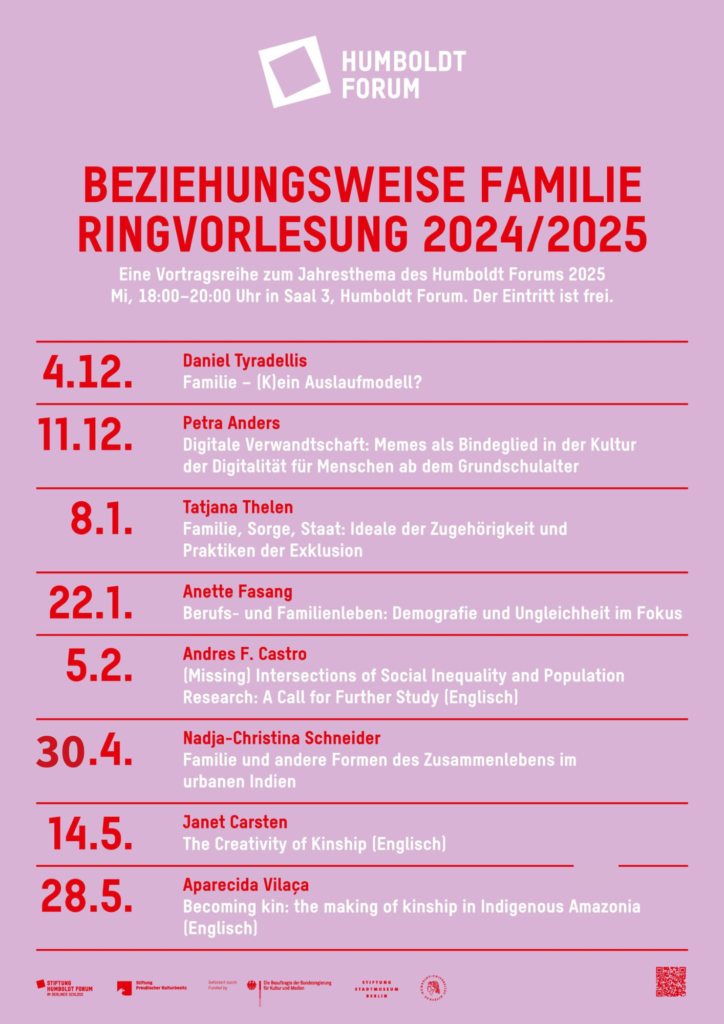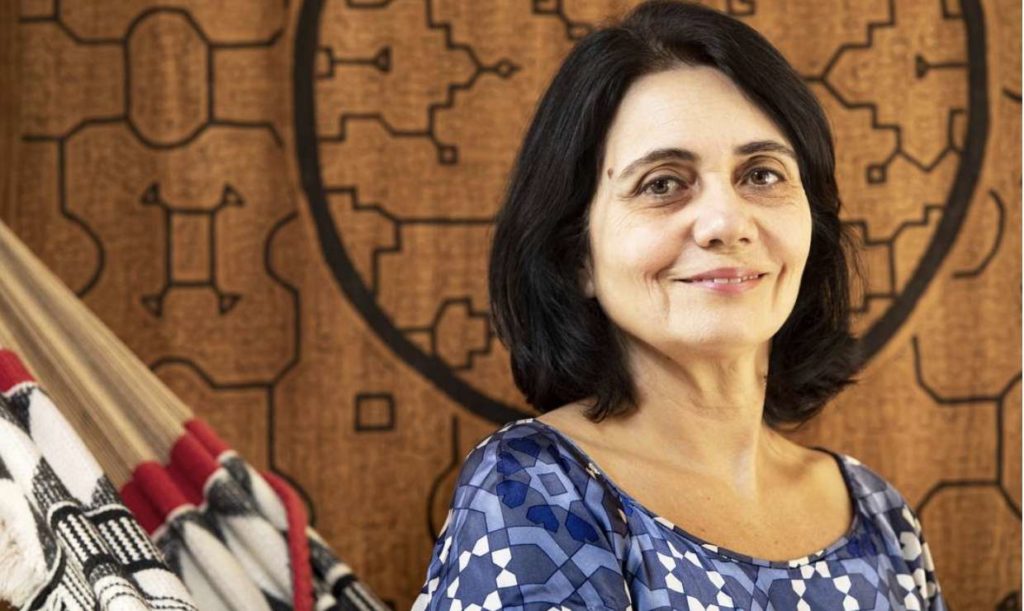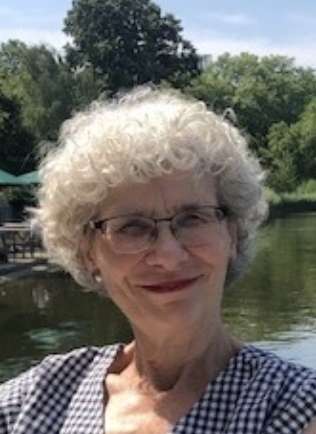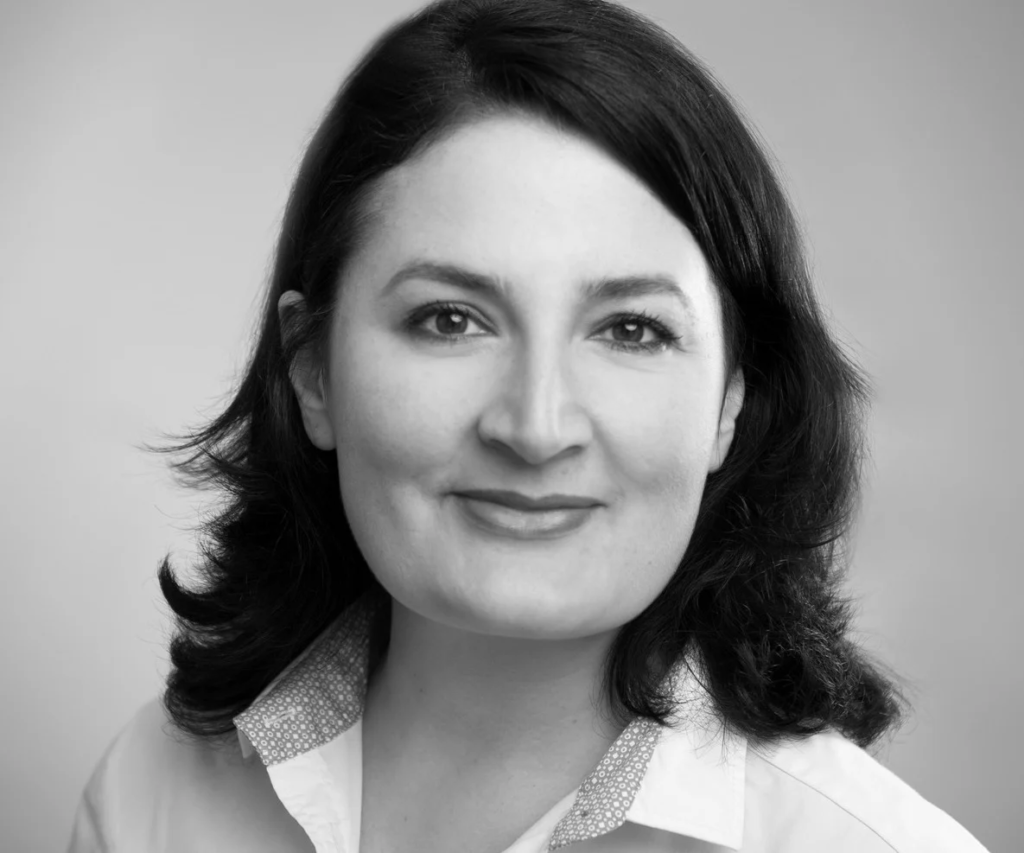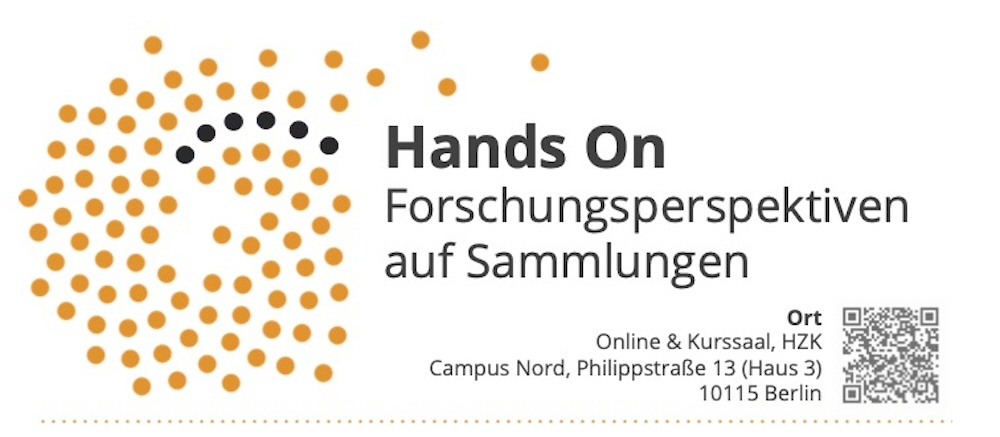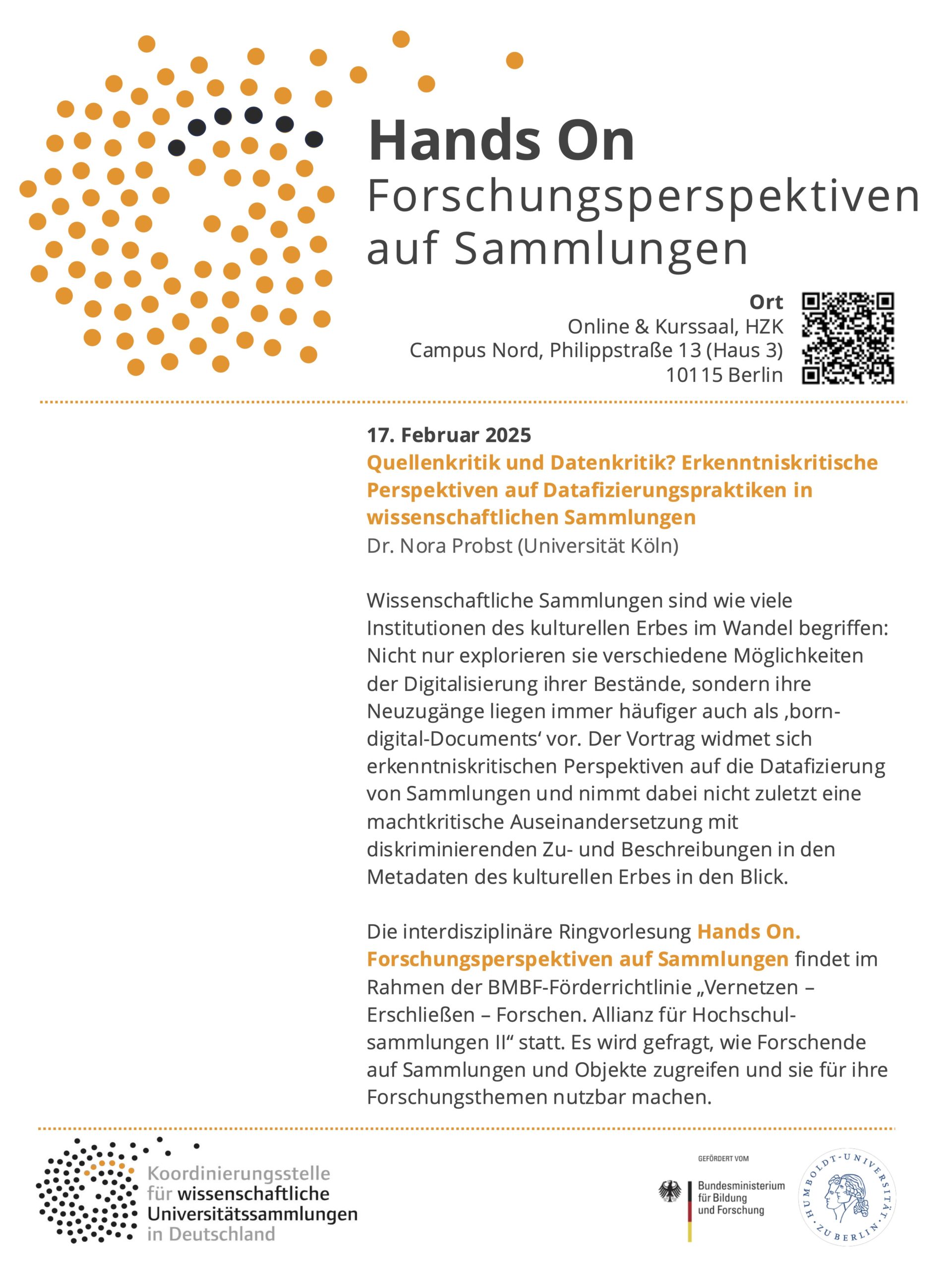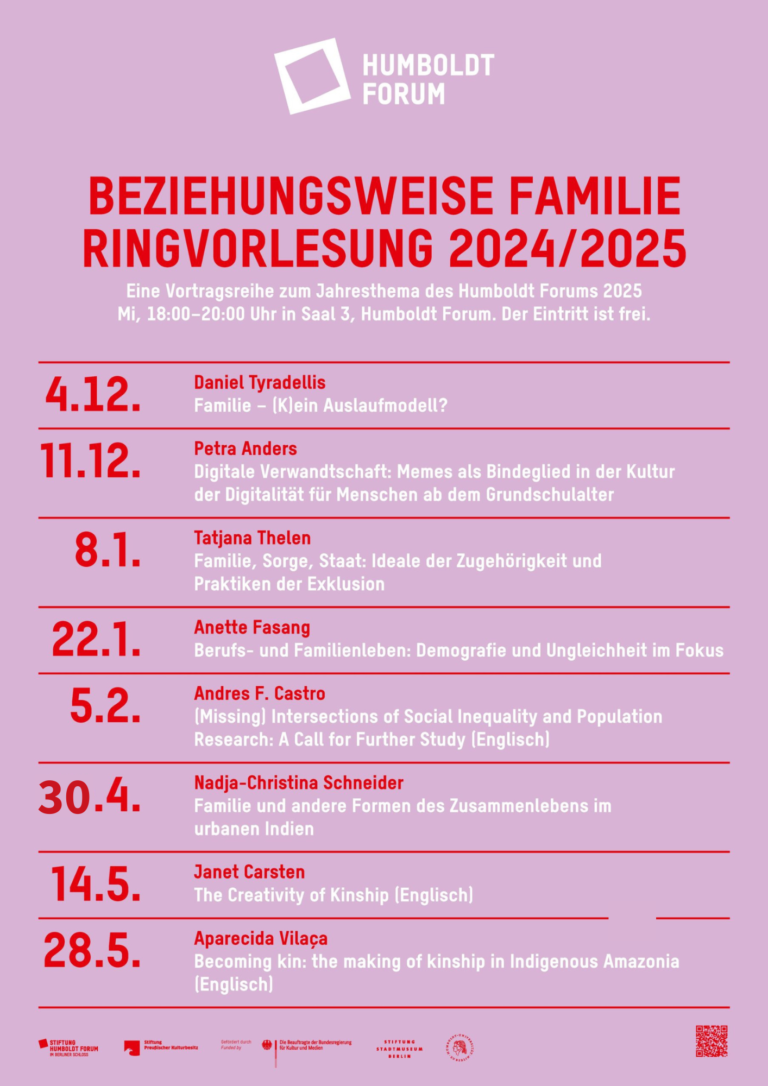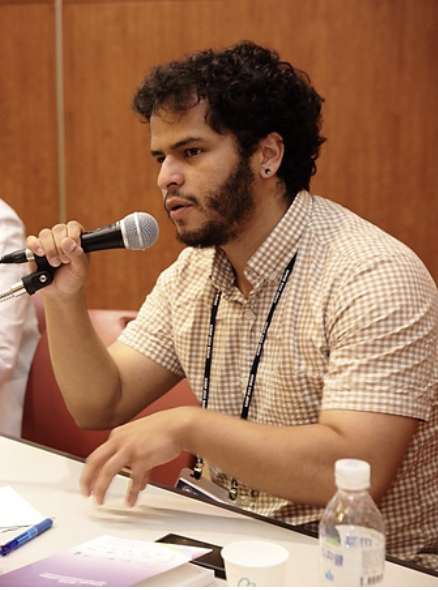An interdisciplinary lecture series on contemporary family forms and concepts of kinship
Singles under pressure – “solo weddings” as the secret to happiness in Japan
Prof. Dr. Annette Schad-Seifert (Professor of Modern Japanese Studies at Heinrich Heine University Düsseldorf)
Lifelong singlehood is a social experience that affects more and more people in Japan.
In recent years, so-called solo weddings have attracted media and academic attention in Japan. These are staged wedding ceremonies in which single women without partners hold a wedding with professional clothing, photography, and ritual elements. The lecture examines solo weddings as a cultural phenomenon at the intersection of the individual search for happiness, consumer culture, and changing marriage and gender norms in Japanese society.
Solo weddings are just one phenomenon among a variety of solo activities in Japan’s consumer culture that have emerged in recent years. The lecture explores how these activities can be classified in a society that traditionally places a high priority on the group.
Based on quantitative data, media analyses, and case studies, it shows that solo weddings should be understood less as an expression of social isolation and more as an ambivalent practice of self-affirmation in a society in which traditional family norms are increasingly disappearing.
The lecture will be held in German.
Participation is possible without pre-registration and is open to all interested parties.
Organiser:
Prof Dr Daniel Tyradellis (Humboldt-Universität zu Berlin)
Dr Alia Rayyan (Humboldt-Universität zu Berlin)
Dr Laura Goldenbaum (Humboldt Forum Foundation in the Berlin Palace)
Place and time:
18. February 2026,
6 to 8 pm
in Room 3 (Saal 3), ground floor,
Humboldt Forum, Schlossplatz.
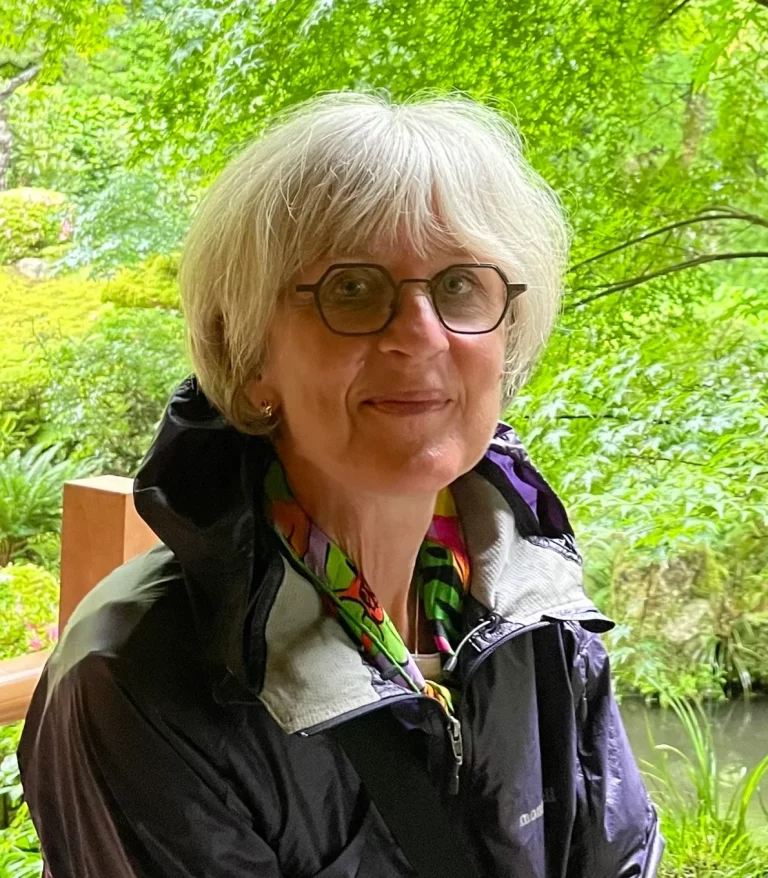
Annette Schad-Seifert has been a university professor at the Institute for Modern Japan at Heinrich Heine University Düsseldorf since 2006. She studied Japanese Studies and Religious Studies at the Free University of Berlin, as well as Philosophy and Political History of Ideas at Keio University in Tokyo. Her work focuses on family policy, single society, gender relations, demographic change, and new forms of social differentiation. She has worked as a research assistant at the Free University of Berlin, the University of Leipzig, and the German Institute for Japanese Studies in Tokyo. In 2018, she was a specially appointed professor at Ochanomizu University in Tokyo. She is the editor (with Uta Meier-Gräwe and Miyoko Motozawa) of the book Family Life in Japan and Germany (Springer Verlag 2019).
